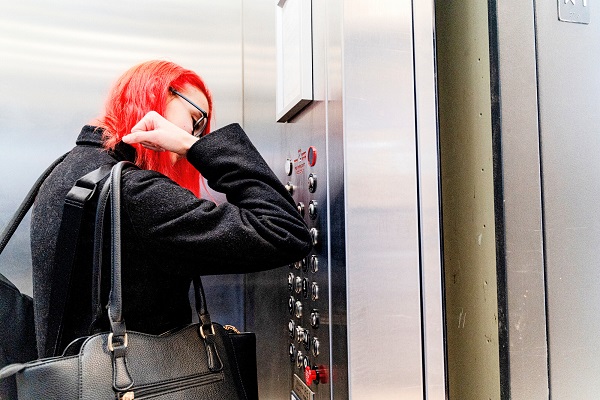
The COVID-19 pandemic and its economic fall-out have caused governments, businesses and households to focus on short-term crisis management: but when recovering from this terrible pandemic, do we really just want to restore the old linear economy? At ING, we think the circular economy will play an important role in the recovery phase.
It could also help in the fight against climate change, which even in the time of COVID-19 is arguably the most pressing challenge we face. The circular economy, climate-change mitigation strategies and economic recovery are all tied up together.
As Europe attempts to shift to a low-carbon economy, circular thinking must extend to all sectors. A recent report by the Ellen MacArthur Foundation, suggests that taking a circular approach could reduce CO2 emissions by 5.6 billion tonnes – a 49% reduction in the projected 2050 total food system emissions.
However, replacing the old linear models will take political will, investment and innovation. After all, struggling industries could benefit from financing of new technology and business models that lengthen product lifespan and increase the scope for remanufacturing. The gains from these investments could produce significant upsides for business profitability and growth.
The pandemic has shown us just how fragile the global economy’s supply chains are – which makes the benefits of circularity even more compelling. For example, the closure of factories in China has affected the global supply of consumer electronics, metals and lithium batteries.
Circularity can help businesses with limitations in supply, shifting consumer demand and government policy. But the upfront costs of shifting to a circular economy often pose a barrier as circular business models tend to see more costs upfront. Sourcing resilient, re-usable materials, building partnerships along supply chains for collection and processing – all these things come with costs. However, many of the costs of the linear model are disguised – particularly costs that are borne by society as a whole, such as pollution!
Struggling businesses (and households) may be less willing to make these investments during a recession. That would be short-sighted. COVID-19 has made the benefits of a circular economy even more obvious – it will take forward-thinking governments, businesses and consumers to work together, take the long view, and lead the way. Are you in?









